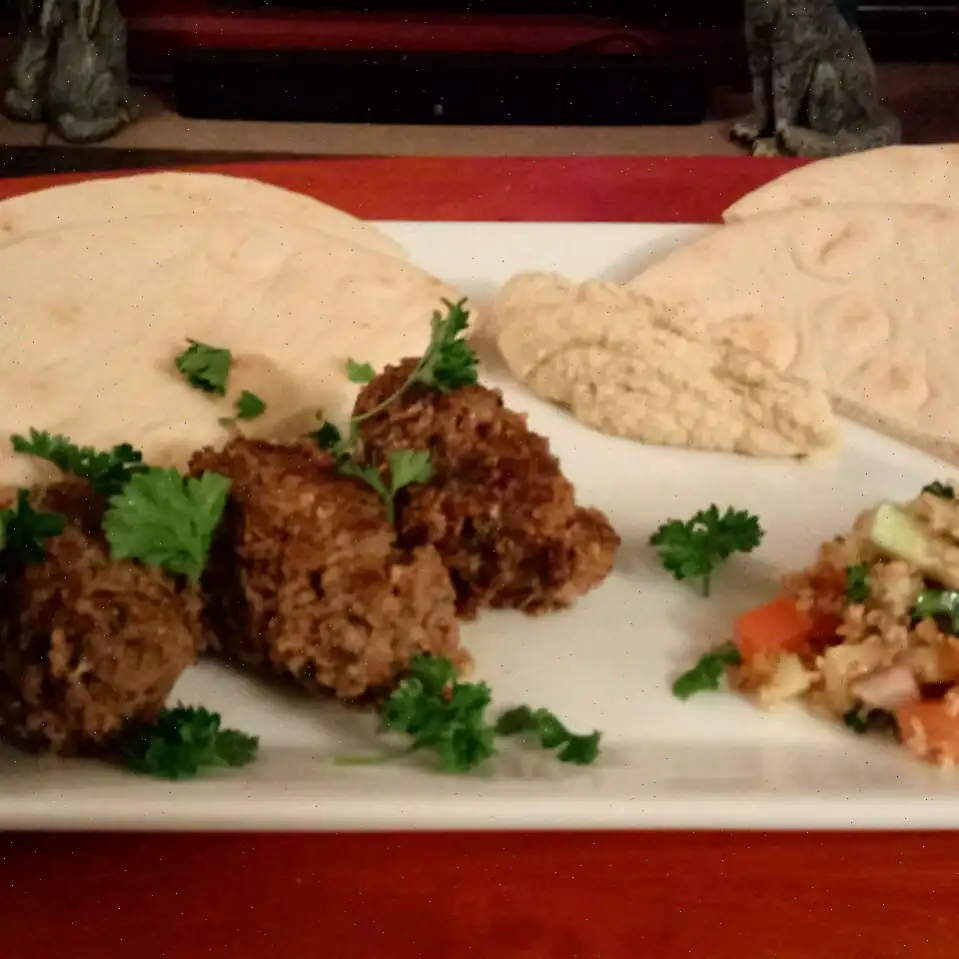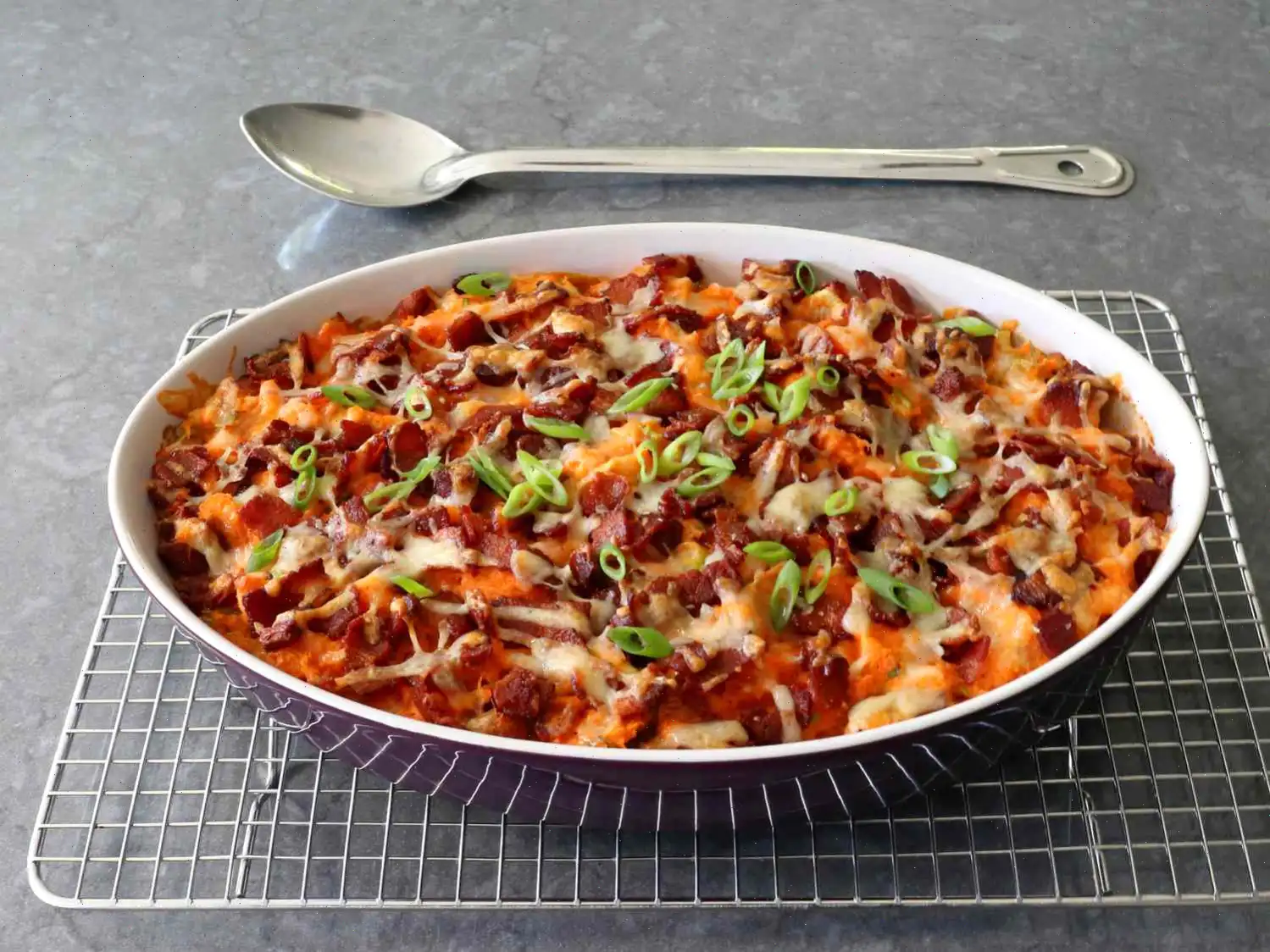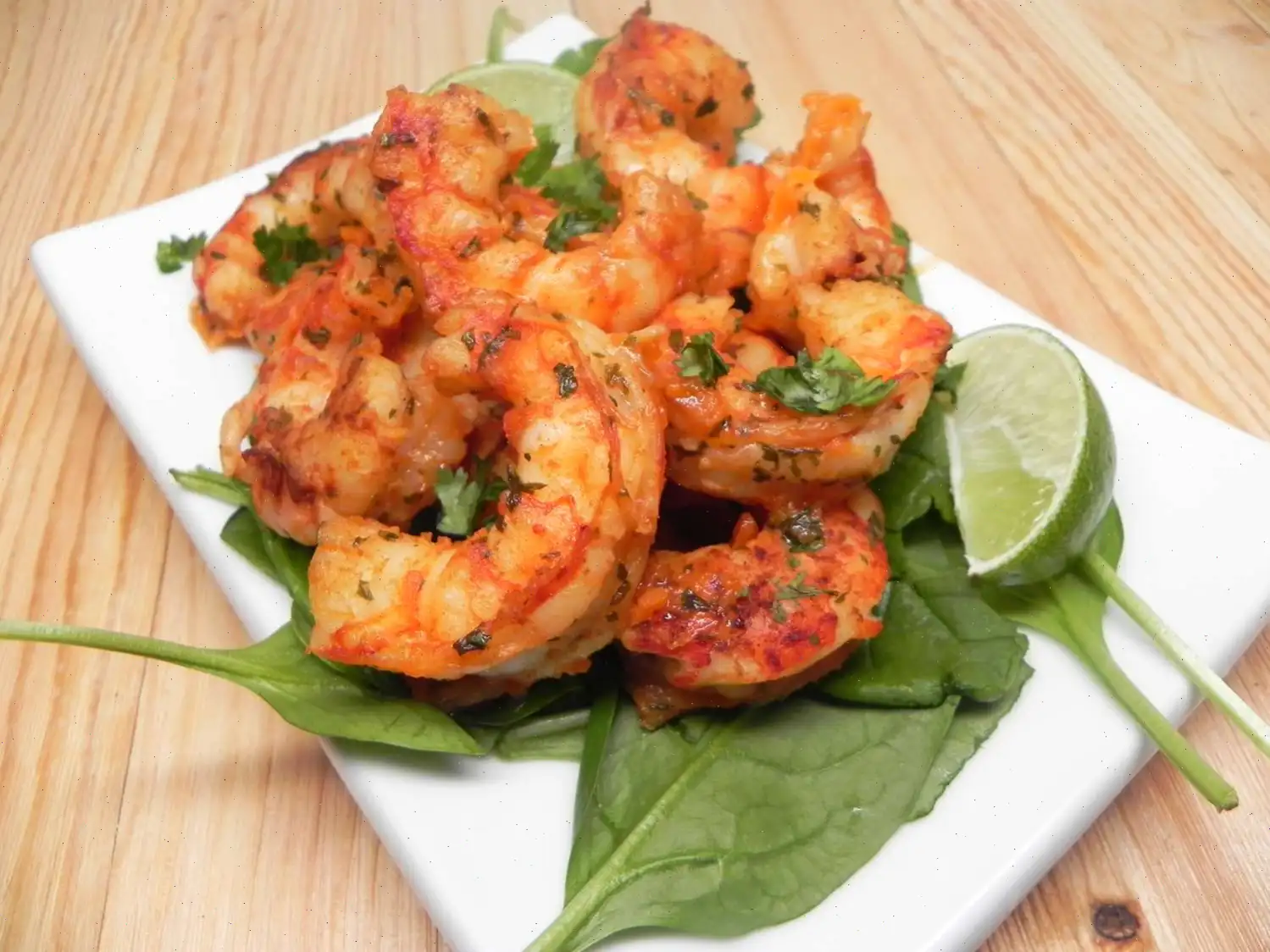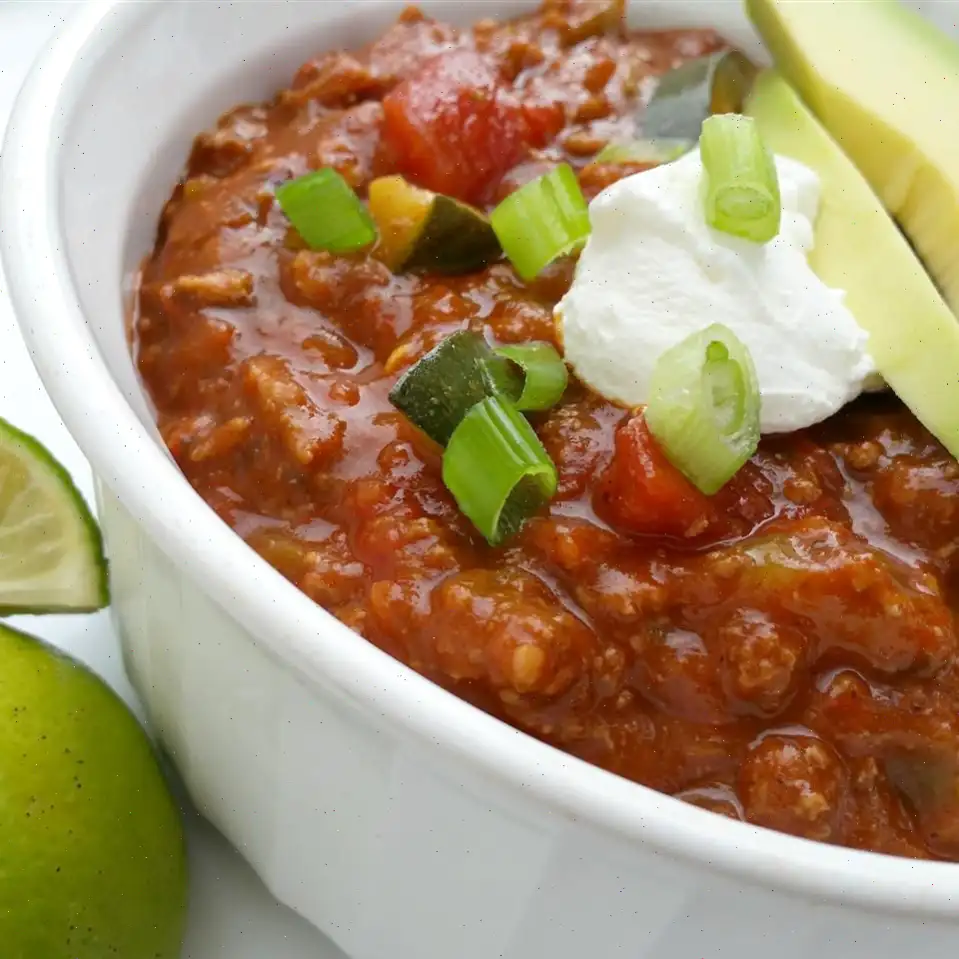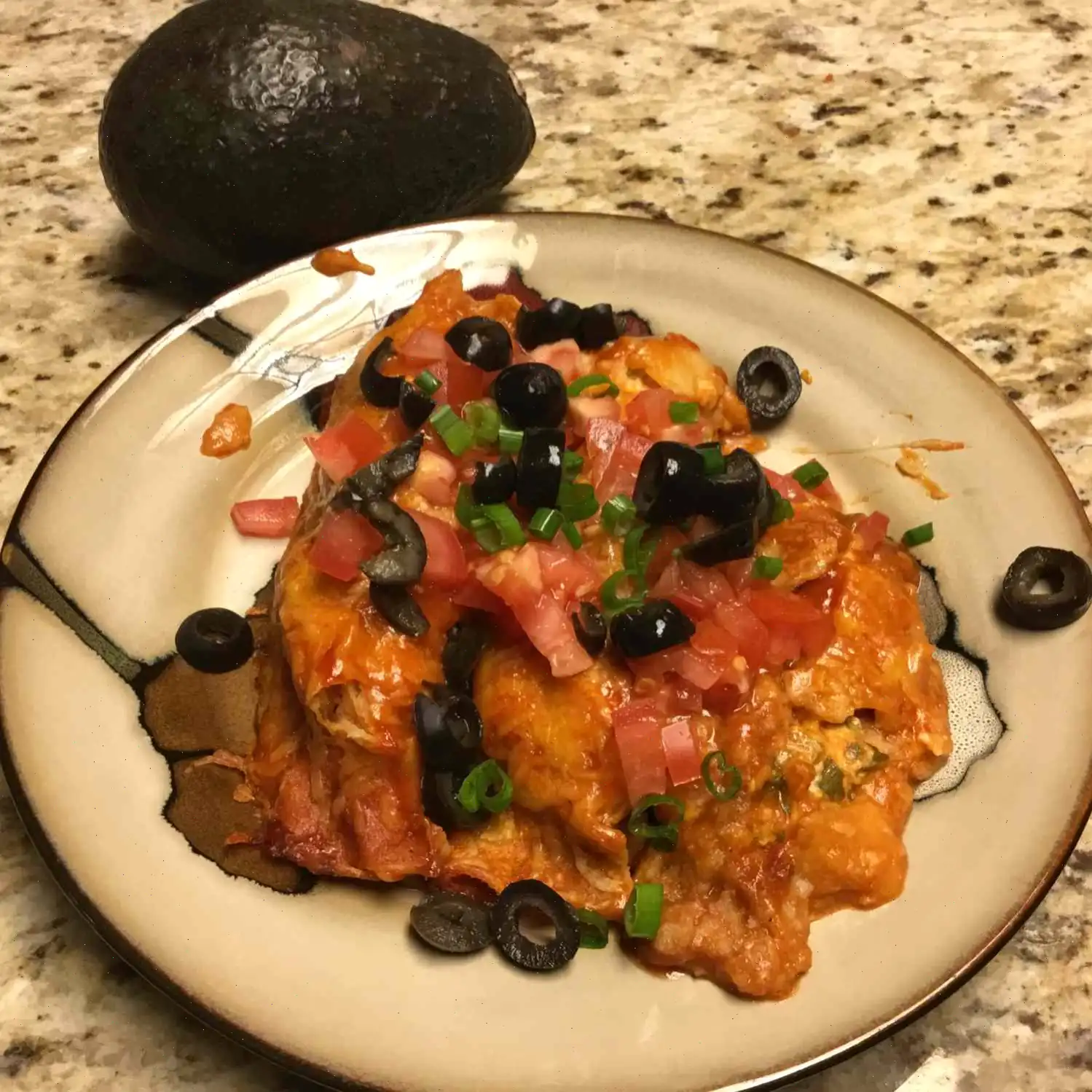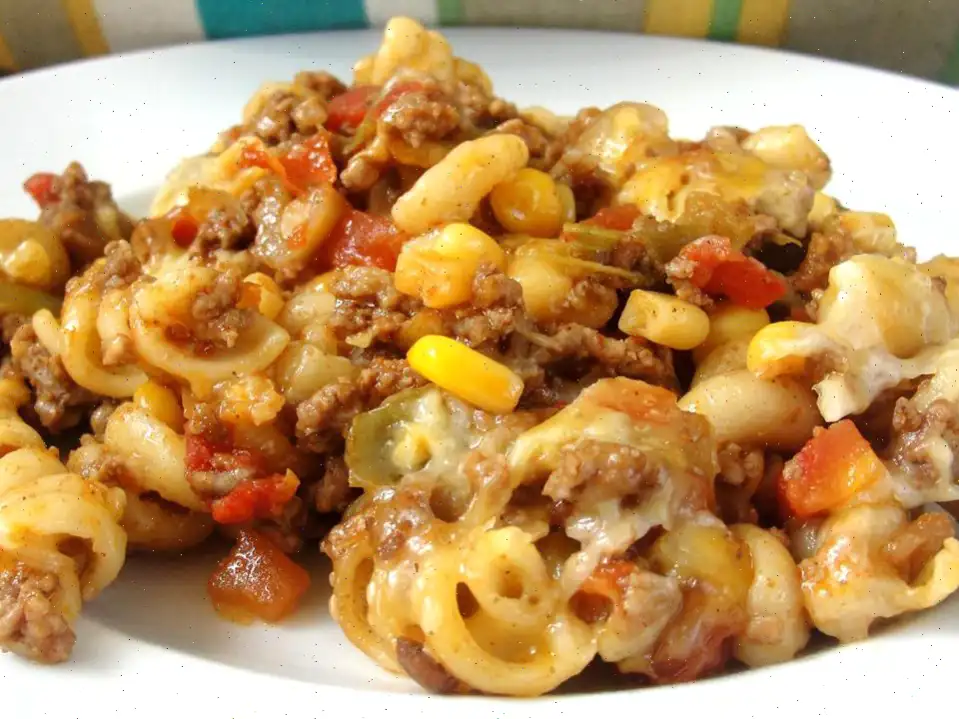
Middle Eastern Kibbeh Recipe
Ingredients
- cup medium coarse bulgur
- 1 cup fresh mint leaves
- 1 large onion, chopped
- 1 teaspoon ground cumin
- 1 teaspoon ground allspice
- 1 teaspoon salt
- teaspoon ground black pepper
- 1 pounds lean ground lamb
- 3 tablespoons olive oil
Directions
Step 1: Place bulgur in a microwave-safe bowl. Add enough water to cover the bulgur. Microwave on high until the bulgur absorbs the water, about 1 to 2 minutes. Stir the bulgur, then set it aside to cool.
Step 2: Place the mint leaves in the bowl of a food processor. Gradually add the chopped onion through the feed tube, processing until the mixture is finely chopped.
Step 3: Stir the mint-onion mixture into the cooled bulgur. Add the ground cumin, allspice, salt, and pepper to the mixture and stir to combine.
Step 4: Add the bulgur mixture to the ground lamb. Stir until everything is well combined.
Step 5: Using damp hands, shape the lamb mixture into small, palm-sized patties.
Step 6: Heat olive oil in a large skillet over medium heat. Add the kibbeh patties and cook them until golden brown and cooked through, turning them once. This should take about 6 minutes per side.
Cooks Note: Kibbeh can also be baked. Preheat your oven to 350F (175C). Press the lamb mixture evenly into an 8x8-inch pan. Drizzle 3 tablespoons of olive oil over the top. Bake in the preheated oven for 35 to 40 minutes, or until the kibbeh is light brown. Once done, cool it slightly, then cut it into diamond-shaped pieces while its still in the pan. Serve warm.
Nutrition Facts (per serving)
| Calories | 159 |
|---|---|
| Total Fat | 10g |
| Saturated Fat | 3g |
| Cholesterol | 38mg |
| Sodium | 228mg |
| Total Carbohydrate | 7g |
| Dietary Fiber | 2g |
| Total Sugars | 1g |
| Protein | 11g |
| Vitamin C | 2mg |
| Calcium | 22mg |
| Iron | 1mg |
| Potassium | 193mg |
* Percent Daily Values are based on a 2,000 calorie diet. Your daily values may be higher or lower depending on your calorie needs.
Kibbeh, a dish that has been passed down through generations, is a staple in many Middle Eastern kitchens. Its origins are deeply intertwined with the cultural and culinary history of the Levant region, spanning countries such as Syria, Lebanon, Jordan, and Palestine. Traditionally made with lamb, bulgur, and a mix of aromatic spices, kibbeh is a versatile dish that has evolved into various forms, each representing the unique culinary traditions of different regions.
History and Origin of Kibbeh
The history of kibbeh dates back thousands of years, with references to the dish appearing in ancient texts and cookbooks. Some scholars believe that kibbeh originated in ancient Mesopotamia, a cradle of civilization, where wheat and lamb were staple foods. Over time, the dish spread throughout the Middle East, with each region adding its own twist, using local ingredients and spices. The name "kibbeh" itself comes from the Arabic word "kubbah," meaning ball, which refers to the dish's characteristic shape.
Regional Variations and Specialties
While the basic components of kibbeh remain similar across the Middle East, regional variations offer distinct tastes and textures. For example, in Lebanon, kibbeh is often served raw as "kibbeh nayyeh," a dish comparable to steak tartare, where minced lamb is combined with bulgur, olive oil, and a mix of spices. In Syria, kibbeh is commonly made into deep-fried patties filled with pine nuts, onions, and sometimes pomegranate molasses. The variety of kibbeh recipes reflects the diverse climates, resources, and tastes of the region.
Differences from Similar Dishes
Though kibbeh shares similarities with other ground meat dishes like meatballs or croquettes, what sets it apart is its use of bulgur wheat and the complex blend of spices that give it a unique flavor. Unlike meatballs, which are typically made with rice or breadcrumbs, kibbeh uses bulgur, giving it a slightly chewy texture. The inclusion of mint, cumin, and allspice, along with the use of lamb or beef, adds a distinctive Middle Eastern flair. Additionally, kibbeh is often shaped into balls or patties, but it can also be baked in a pan, offering yet another texture and flavor profile.
Where to Serve Kibbeh
Kibbeh is a popular dish across the Middle East, often served as part of a larger mezze spread, accompanied by hummus, tabbouleh, baba ganoush, and flatbreads. It is typically enjoyed at family gatherings, festive occasions, and special meals. In many Middle Eastern countries, kibbeh is considered a comfort food, often made in large batches and served to guests during celebratory meals. Whether served as a main course or as an appetizer, kibbeh holds a special place in the hearts of those who cherish Middle Eastern cuisine.
Interesting Facts About Kibbeh
- Kibbeh can be made using different types of meat, including lamb, beef, or even chicken. There are also vegetarian versions made with lentils or potatoes.
- In some regions, kibbeh is served with a side of yogurt or tahini sauce, enhancing its rich, spiced flavor.
- The iconic shape of kibbehwhether in the form of balls, patties, or a baked casserolehas symbolic meaning in Middle Eastern culture, representing unity and connection.
- In Lebanon, kibbeh is often made during religious festivals and is considered a food of abundance, bringing together family and friends.
Whether youre trying it for the first time or have enjoyed it for years, kibbeh offers a flavorful journey into Middle Eastern culinary traditions. Its rich history, regional variations, and unique taste make it a dish worth exploring. Whether fried, baked, or served raw, kibbeh continues to be a beloved and iconic part of Middle Eastern cuisine.
FAQ about Middle Eastern Kibbeh Recipe
Comments
Larry Green
06/19/2024 08:26:00 PM
I was pleasantly surprised to discover a kibbeh recipe here that resembles my own popular recipe in Brazil. I was thrilled to find bulgur available and immediately made kibbeh. My version includes toasted pine nuts (around 1/2 cup) mixed in, and I usually bake the mixture in a 9x13 pan at 350F for 30-35 minutes, which is a common way to serve it. I also like to prepare a simple vinaigrette on the side with diced tomatoes, cucumbers, chopped parsley, a few drops of hot pepper, and more parsley. My husband absolutely loved it, and we're planning to shape the mixture into patties and grill the kibbeh next time. Thanks for sharing this recipe, I'm sure it will be a hit with everyone.
Donald Flores
02/10/2024 08:49:40 AM
This recipe is not from my grandmother, but it turned out to be fantastic! The spices were perfect. I baked it in a pan, added pine nuts in between the layers, and substituted quinoa for bulgur because of a wheat intolerance. I cut it into 2-inch wide diamond shapes and brushed them with clarified butter before baking.
Tyler Clark
09/07/2023 03:07:08 AM
I decided to make a smaller portion of this recipe for my husband and myself, and we absolutely loved it. Following the suggestions of other reviewers, I included 1/8 cup of pine nuts in half of the patties and then cooked an additional 1/8 cup in the pan with the lamb patties. We couldn't decide which version we preferred - the toasted pine nuts added a delightful crunch, while the ones inside the patties gave a unique, almost chewy texture. We assembled the patties in pita pockets with some extra chopped mint, sliced tomato, a drizzle of tahini, and a dollop of full-fat Greek yogurt. We also enjoyed them with spicy chickpeas on the side.
Steven Turner
03/06/2024 12:09:51 PM
This dish turned out wonderfully! I used lean minced beef and skipped the oil, opting to bake it instead, and it turned out fantastic. I decided to amp up the bulgur and added a mix of spices - a touch of cinnamon, a clove of garlic, ginger powder, and a hint of cayenne pepper. To complement the flavors, I whipped up a dip using 1/2 cup of yogurt, 2 tbsp of tahini, 2 tbsp of water, salt, and pepper. Thanks for the inspiration!
Pamela Anderson
10/09/2023 02:00:09 PM
I adapted this recipe to be gluten-free by replacing bulgur with hemp seeds. We paired it with a refreshing cucumber and tomato salad, gluten-free pitas, hummus, and lemon dill sauce. It was incredibly tasty and has become a new beloved dish in our family.
David Phillips
07/29/2024 11:27:34 PM
Sure, here is your rewritten review: "Yes, I recently shaped them into patties, added cream cheese in the center, and cooked them for 5 minutes on each side with a lid on. Next time, I would reduce the amount of pepper slightly. Thank you for the recipe." - Rachel
Timothy Gonzalez
09/16/2022 07:55:25 PM
I really enjoyed this dish! I added toasted, crushed pine nuts and a touch of Middle Eastern spice called raj al harout – so yummy! I also only drizzled a hint of olive oil on top to avoid it becoming too greasy.
Angela Turner
08/19/2023 04:27:36 PM
It goes well with plain yogurt or tabbouleh. As someone of Syrian-Lebanese descent, I have never added tahini to my kibbeh, whether it's raw or cooked.
Gary Lopez
04/16/2024 09:04:58 PM
My family roots trace back to Lebanon, and I have grown up savoring the delicious flavors of kibbeh. One of my favorite parts of this dish is the pine nut filling between the top and bottom layers when it's baked. Alternatively, when kibbeh is shaped into balls and fried, the pine nuts are placed in the middle to ensure each bite is filled with their delightful crunch. I was disappointed to find that this particular recipe omitted the pine nuts. For me, authenticity in Lebanese cuisine is incomplete without this essential element in the preparation.
Kenneth Flores
02/27/2024 12:39:20 PM
Followed the recipe exactly as written, except I swapped out the lamb for a meat substitute. The dish turned out to be absolutely delicious, not to mention vegetarian and vegan-friendly!
Nathan Moore
05/27/2023 02:32:07 AM
I followed the recipe but substituted lamb with a meat alternative. The dish turned out delicious and it was both vegetarian and vegan-friendly!
Thomas Scott
02/14/2025 05:59:29 PM
This dish was absolutely delicious. I followed the recipe exactly, forming patties and baking them. The flavors were fantastic! I paired them with pita bread, hummus, tabbouleh, fresh yogurt, cucumbers, and a side salad. It made for a delightful, quick, and healthy meal!
Donald Carter
11/05/2023 02:56:24 AM
I have tried this recipe three times now. I added garlic and baked it twice. Personally, I find that I prefer the baked version. Instead of using a loaf pan, I shaped the mixture into traditional football-shaped patties. The result was absolutely delicious.
Gary Allen
05/13/2025 12:56:16 PM
This recipe is fantastic! I made mine into patties and everyone, including my family and friends, absolutely adored them. This will definitely be a regular dish in my household. Thank you for sharing!


